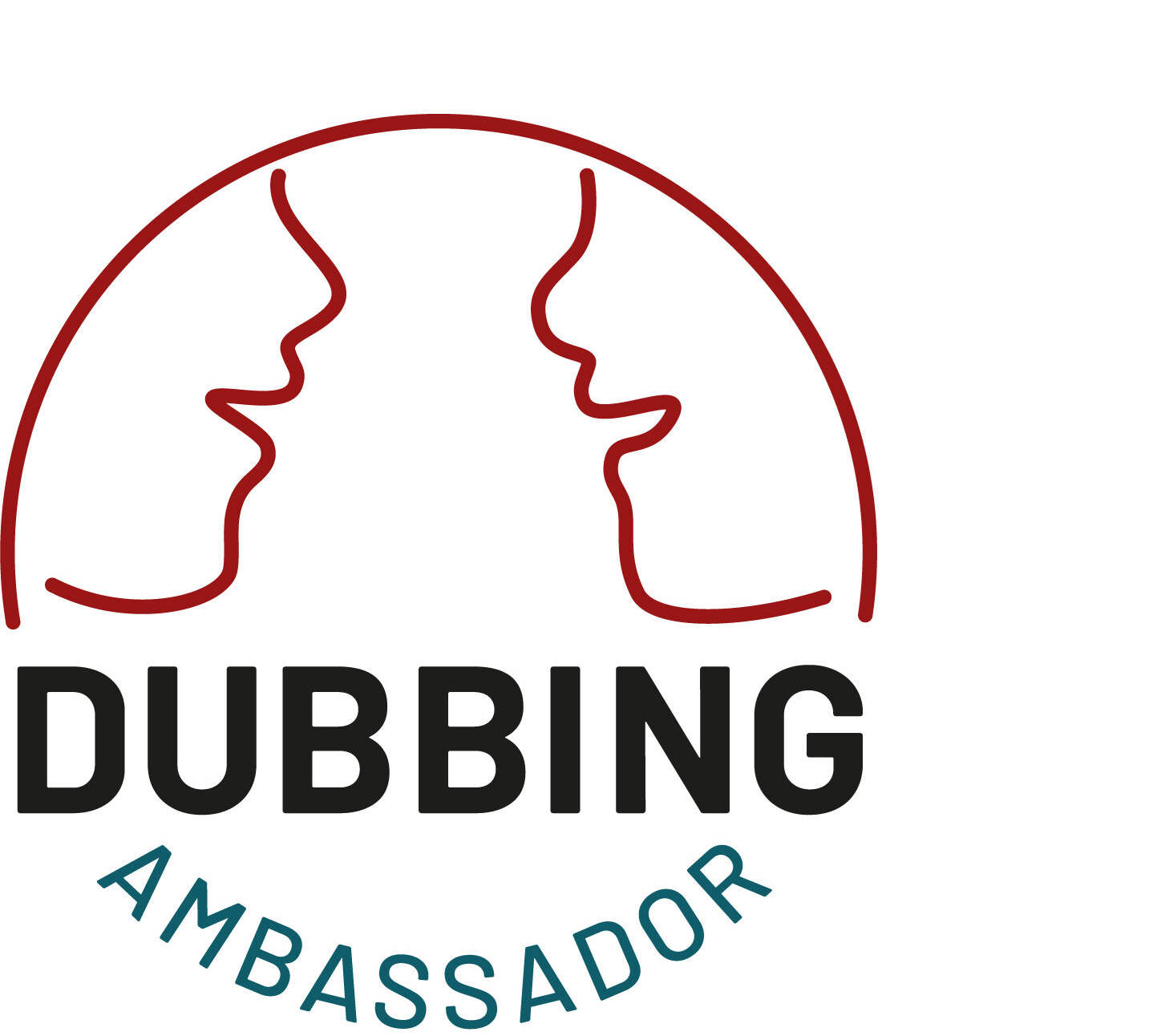Once every two years the German dubbing industry does something unusual. Off come jeans and t-shirt, out come the nice dresses, and we stand on a red carpet and get photographed. The shadow creatures step out into the light. This year’s Deutscher Synchronpreis will, we hope, in addition to being a celebration of the winners, become the kickoff event for increased visibility of the industry.
Yes of course, the more unnoticeable the dub, the better. We want our audiences to relate as directly as possible to what’s happening on their screens and their monitors. But we also want them to know what we are worth. What we do to enable them to have a direct, heartfelt, soul-to-soul, brain-to-brain connection to their favorite stories.
Perhaps dubbing really is the least intrusive way of localizing a film, because ideally, it completely disappears in the end. Every other form of audiovisual translation adds something to the original film.
Dubbing replaces the dialogue track with another dialogue track. It takes away the original actor’s voice, to be sure. And with it, some of their performance. But it also leaves a very large part of their performance intact. There is nothing to distract from everything that’s visual, every gesture, every move, every nod. Be it Chris Hemsworth’s muscles or the twinkle in George Clooney’s eyes.
Replacing an actor’s voice with another actor’s voice is no small intervention. Believe you me, we know this. With great power comes great responsibility, and we take that responsibility very seriously. That’s why behind every iconic figure there’s an entire team of experts. That’s why the Synchronpreis gives out awards not to individuals, but to the entire team. To people who are not used to the limelight, who work in dark studios or home offices and have become used to a lack of exposure. Who are not familiar with red carpets. Except for that one evening every other year.
And now pardon me while I head out and find a pair of dress shoes.




